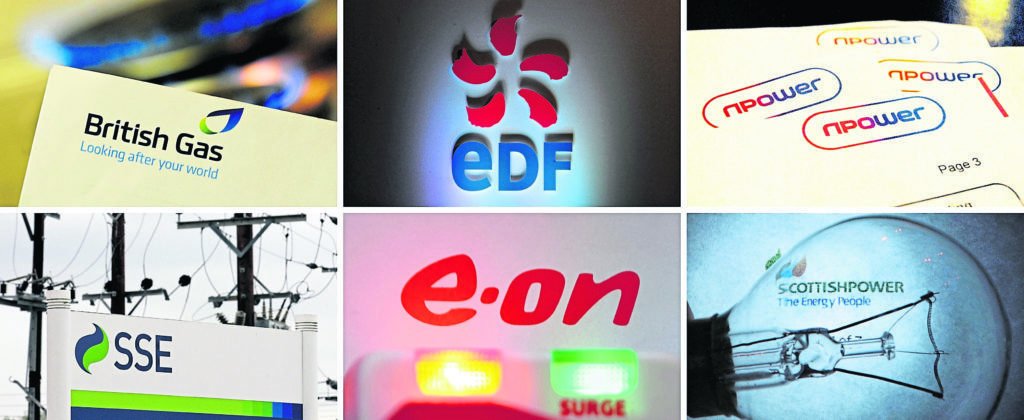
More than a million energy customers on EDF’s standard variable tariff face a 10% price increase from April 1.
Gas and electricity bills will rise by an average £118 to £1,254 – up to the level of Ofgem’s new price cap – for 1.3 million existing customers on EDF’s standard variable tariff, comparison site uSwitch.com has reported.
Prepayment meter customers will also face an average £106 or 9% price rise, according to information released by the company to price comparison sites.
EDF is the second firm to push up prices following an announcement by Ofgem last week that there would be an increase to the energy price cap.
On Monday, E.ON announced an average 10.3% price increase from April 1 for around 1.8 million customers on its standard variable gas and electricity tariff, meaning bills will rise by around £117 to £1,254.
Rik Smith, energy spokesman at uSwitch, said: “As soon as Ofgem increased the price cap level it became almost inevitable that most customers on standard deals would see their bills rise right up to the cap.
“EDF Energy are the second of the Big Six suppliers to increase their prices, and we wouldn’t be surprised to see a domino effect with other energy companies following suit.
“EDF Energy customers will see their bills rocket by £118 on average a year from April 1, and their standard tariff will be £286 more expensive than the cheapest deal available today.
“But some households on standard tariffs will be hit harder than the average if their supplier prices up to the cap, which could push their bills to the edge of affordability.
“People who are already struggling with their bills are the ones who will suffer most if they are conned by the idea that the price cap represents a ‘fair’ deal.”
E.ON said on Monday it expected to see “similar movements” take place across the energy industry.
Last week, Ofgem said it will increase the price cap for default and standard variable gas and electricity tariffs by £117 to £1,254 a year from April 1 due to hikes in wholesale costs.
The watchdog said previously that those affected will still pay a “fair price” for their energy as the increase reflects a genuine rise in underlying wholesale costs, rather than provider profiteering.
Recommended for you
